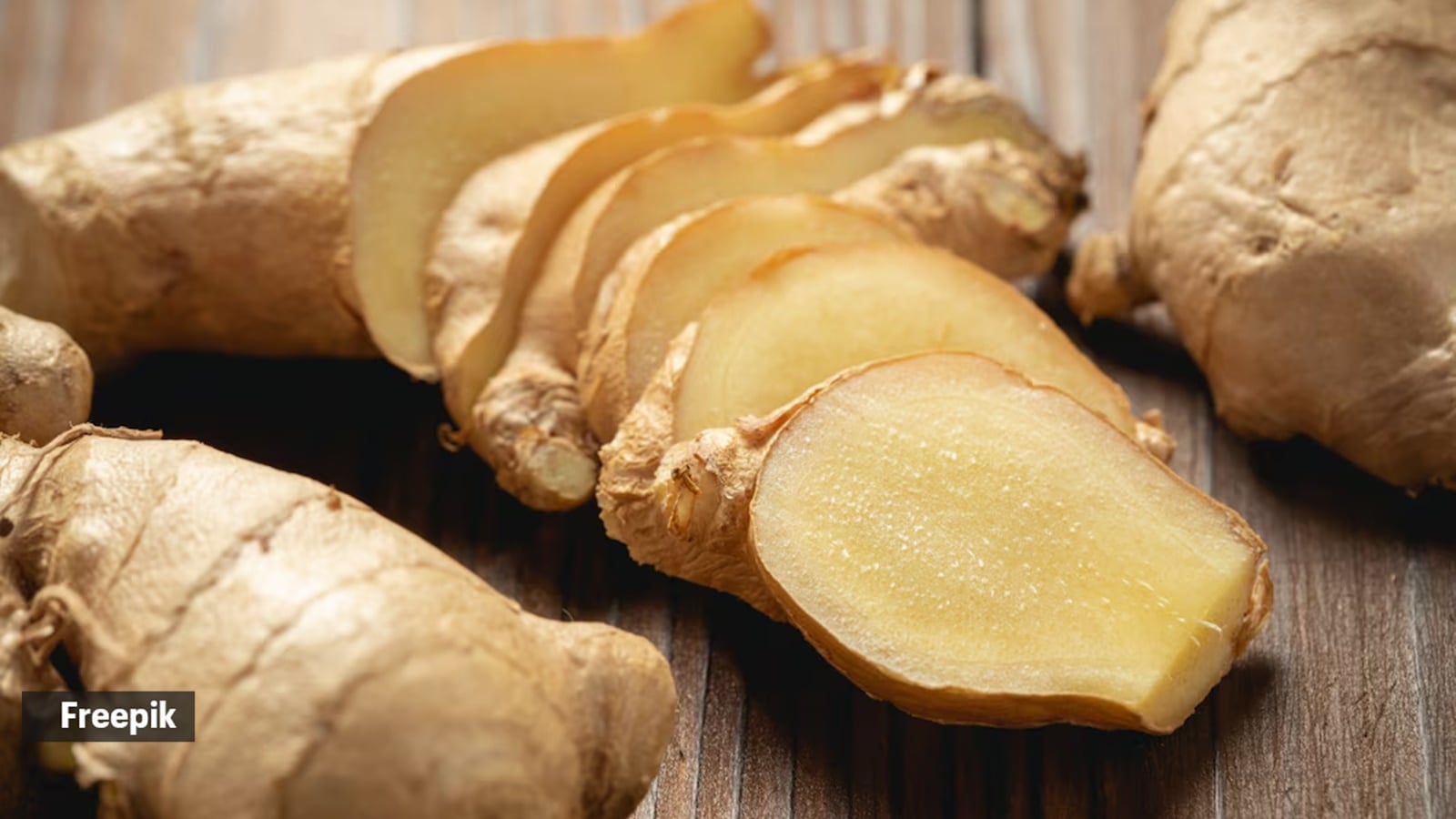To peel or not to peel ginger is a common dilemma that plagues culinary enthusiasts looking to save time. While some firmly advocate peeling, others argue that keeping the skin makes no difference.
Veena V, chief clinical dietitian at Aster Whitefield Hospital, Bengaluru, said ginger peels are edible. “As long as the ginger is fresh and clean, consuming the peel is not an issue, especially in smoothies, tea, or soups. However, if the peel is fibrous or the ginger is not organically grown, peeling is advisable to remove pesticide residues and improve texture in some dishes,” she added.
Benefits of eating ginger peels
According to Veena, ginger peel contains antioxidants, fibre, and bioactive phytochemicals that offer various health benefits. “It has anti-inflammatory and antimicrobial properties that support digestion, boost immunity, and reduce oxidative stress in the body,” she said.
She continued that the peel is also rich in vital nutrients that may help calm stomach discomfort, aid gut health, and promote overall wellness. “Eating ginger with the peel reduces waste and enhances nutrient absorption,” she told indianexpress.com.
 Ginger has anti-inflammatory properties (Source: Freepik)
Ginger has anti-inflammatory properties (Source: Freepik)
Precautions to keep in mind
“However, if you consume ginger peels, thoroughly wash them to remove dirt, bacteria, and potential pesticide residues. If the ginger is not organic, peeling is a safer option to avoid chemical exposure,” said Veena.
Note that ginger peels should be consumed in moderation for those with sensitive digestion, as they can be slightly harder to digest. “Always check whether the ginger is fresh and not rotten or mouldy before use,” she suggested.
DISCLAIMER: This article is based on information from the public domain and/or the experts we spoke to. Always consult your health practitioner before starting any routine.


